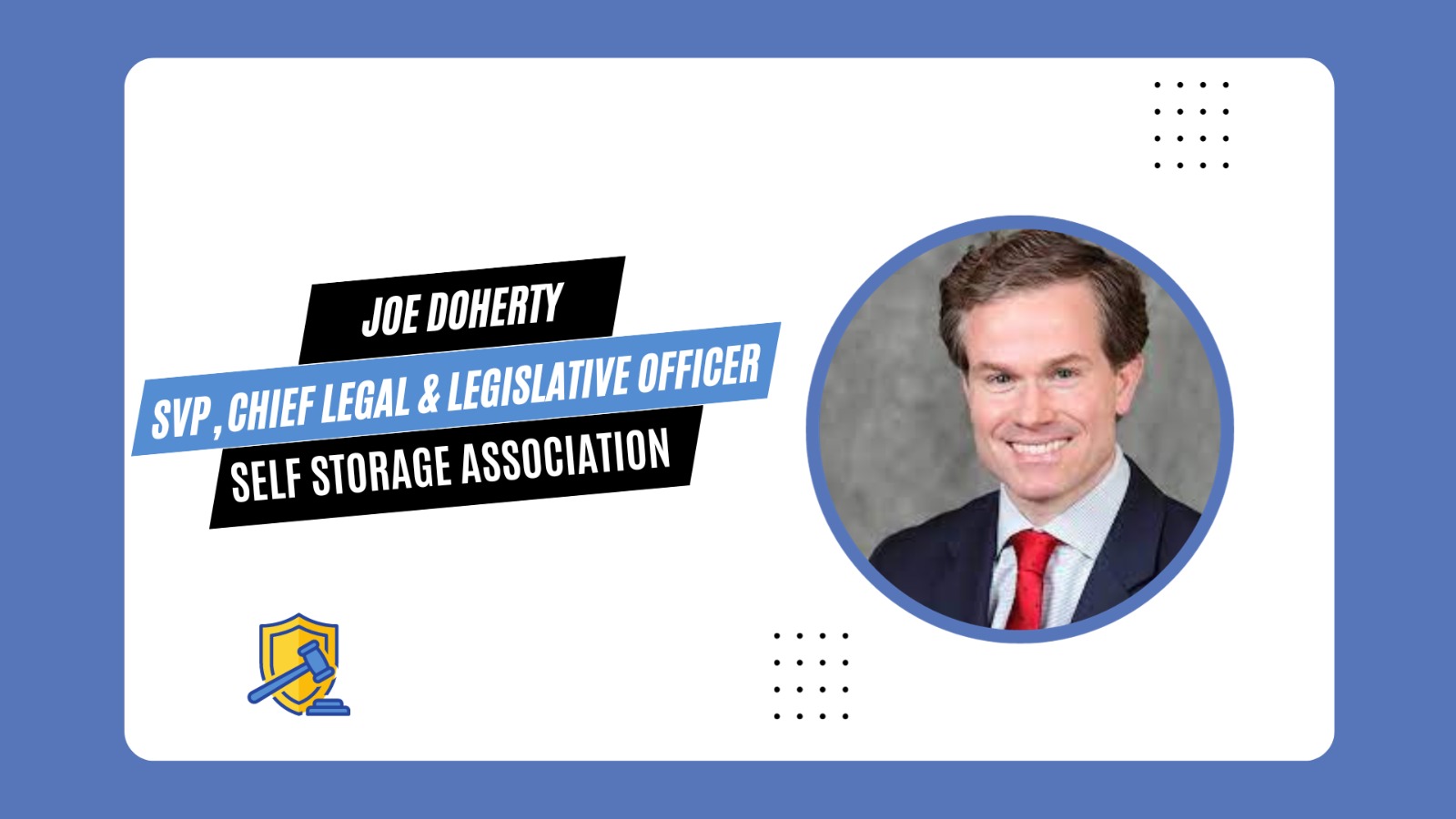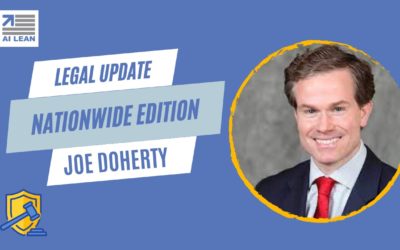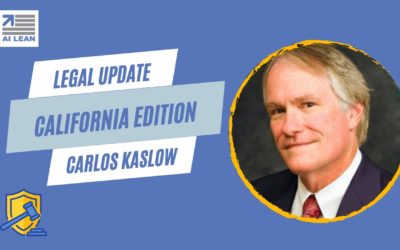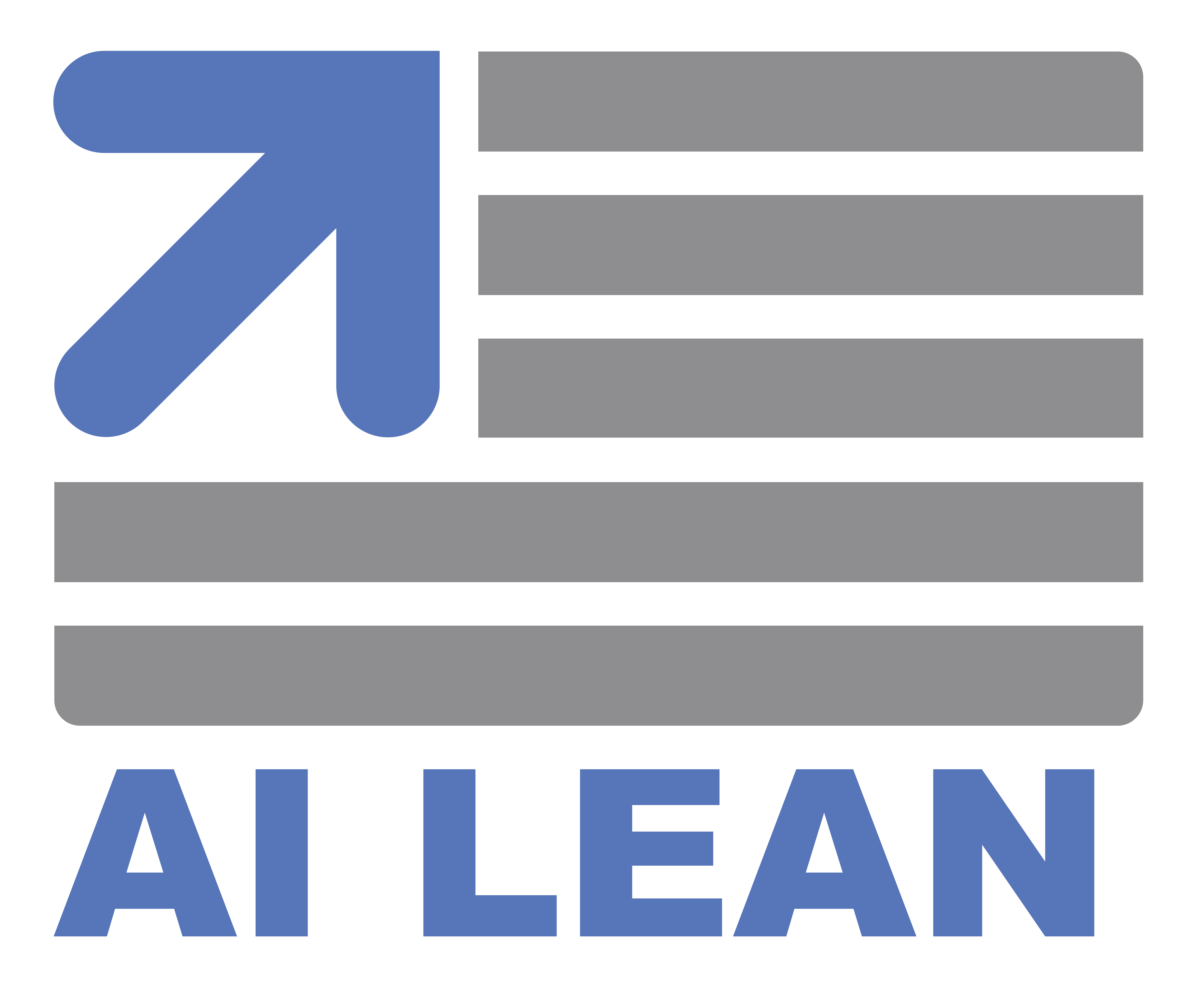Exclusive Interview
Joe Doherty: The most significant recent change is to the advertising requirements in California. AB542 includes three important reforms to the advertising requirement in California Business & Professions Code 21707. First, the bill cuts in half the number of required newspaper advertisements from two to one, provided that the operator also advertises the sale online. If the operator does not advertise online, the operator must still have two advertisements published in the newspaper. Second, AB542 allows operators to advertise sales in a newspaper of general circulation either in the public notice district or county where the storage facility is located. Prior law required the advertisement to be placed in a newspaper of general circulation in the public notice district. This change provides more options for operators, particularly those in a public notice district with only one newspaper. Finally, the bill eliminates the outdated requirement to describe the goods for sale. Most sales occur online now where potential bidders can readily see photos of the items for sale. The bill takes effect on January 1, 2024.
AI Lean: What changes do you think could potentially happen in the next 3 months? Any changes that you can see coming to fruition in Q4-2023 – Q1 2024?
Joe Doherty: The SSA spends the last few months of the year planning for the legislative sessions that begin in January of the following year. Then, we spend roughly January through May – sometimes longer, depending on the state – advocating for SSA-supported legislation. If the legislation is successful and signed by the governor, operators can typically start using the legislation 60 to 90 days later.
AI Lean: Any other risks or opportunities you would like to see operators plan for or at least pay attention to for the near future when it comes to the lien law, collections or other aspects of the law in general? I’d be specifically interested in getting your advice on collections? Digital communications or call centre activities with tenants…Any other thoughts?
Joe Doherty: The best defense is a good offense. Wrongful sale claims are top risk for storage operators, but operators can take steps to reduce the chances of a claim. Start off by strongly encouraging customers to go on auto-pay. Customers who are on auto-pay are significantly less likely to go into default. Of course, even a facility that has all its customers on auto-pay will have to deal with some defaults. In those cases, operators should overcommunicate with tenants and any alternative contacts to ensure that the tenant did not inadvertently miss the payment. Additionally, operators should have consistent processes when enforcing liens and have at least two employees checking each step of the process. Although it’s impossible to prevent every claim, these steps will help to reduce operators’ risks when enforcing their lien rights.
AI Lean: Thinking of 2024 in general, what are your main questions, excitements, or concerns for the year to come?
Joe Doherty: I am excited about our new legislative initiatives. These include working to have states adopt changes that provide legal certainty for operators when tenants fail to sign the operator’s new rental agreement but continue to use their storage space. Additionally, we are looking to create a process for operators to handle property left in a storage space after the operator terminates or non-renews a rental agreement. In many of the cases, the lien process may not be an option because the tenant was paid up at the time of the termination/non-renewal. For example, think of tenants who are paying their rent but are living in their unit or are engaged in other illegal activity. This year, we will ask several states to adopt a process that allows for disposal of the former tenant’s property without first having to obtain a court-ordered eviction.
As for concerns, the SSA will be active in several states to oppose legislation harmful to the industry.







0 Comments